Stiff Person Syndrome
But more people are affected than reported due to misdiagnoses. SPS is labeled as a rare disease.

Stiff Person Syndrome Treatment Symptoms And Outlook
Stiff-person syndrome also known as stiff-man syndrome is a rare neurologic disorder of unclear cause characterized by progressive rigidity and stiffness.

. The stiffness primarily affects the truncal muscles and is superimposed by spasms resulting in postural deformities. Stiff-person syndrome SPS is a rare neurological disorder with features of an autoimmune disease. Stiff-person syndrome SPS is a rare and disabling central nervous system disorder with no satisfactory treatment.
Affected individuals also develop involvement of the brainstem which can cause myoclonus. SPS occurs in about one in a. SPS is characterized by fluctuating muscle rigidity in the trunk and limbs and a heightened sensitivity to stimuli such as noise touch and emotional distress which can set off muscle spasms.
Myoclonus is a general term used to describe the sudden involuntary jerking of a muscle or group of muscles caused by muscle contractions positive myoclonus or. Certain cancers including breast lung kidney thyroid colon and Hodgkins lymphoma. Chronic pain impaired mobility and lumbar hyperlordosis are common symptoms.
Jerking stiff-person syndrome is characterized by muscles stiffness and spasms usually affecting the legs. Muscle rigidity sporadic muscle spasms and chronic muscle pain characterize SPS. Stiff person syndrome SPS is an autoimmune neurological disorder.
Like other types of neurological disorders SPS affects your brain and spinal cord central nervous system. Spasms can generate enough force to fracture bone. Stiff person syndrome SPS is a rare progressive syndrome that affects the nervous system specifically the brain and spinal cord.
Stiff person syndrome SPS is a neurological disease with autoimmune features. The cause of this extremely rare disease is still unknown. Autoimmune disorders including diabetes thyroiditis vitiligo and pernicious anemia.
Symptoms include muscle spasms hyper-rigidity debilitating pain and chronic anxiety. Symptoms may include extreme muscle stiffness rigidity and painful spasms in the trunk and limbs severely impairing mobility. Stiff person syndrome is more likely seen in people with certain types of diseases including.
SPS is strongly correlated with autoimmune diseases and it is usual to find high titers of antibodies against acid decarboxylase GAD65. Muscle spasms can be so violent they can dislocate joints and even break bones. It causes progressive muscle stiffness and painful spasms that can be triggered by a variety of things including sudden movement cold temperature or unexpected loud noises.
Stiff Person Syndrome SPS is an autoimmune and neurological disorder that can make the muscles in the torso and limbs alternate between rigidity and spasms. Stiff person syndrome SPS is a very rare disease affecting only one or two people per million.

Stiff Person Syndrome Fact Sheets Yale Medicine

Stiff Person Syndrome Top 25 Questions Stiff Person Syndrome Map Diseasemaps
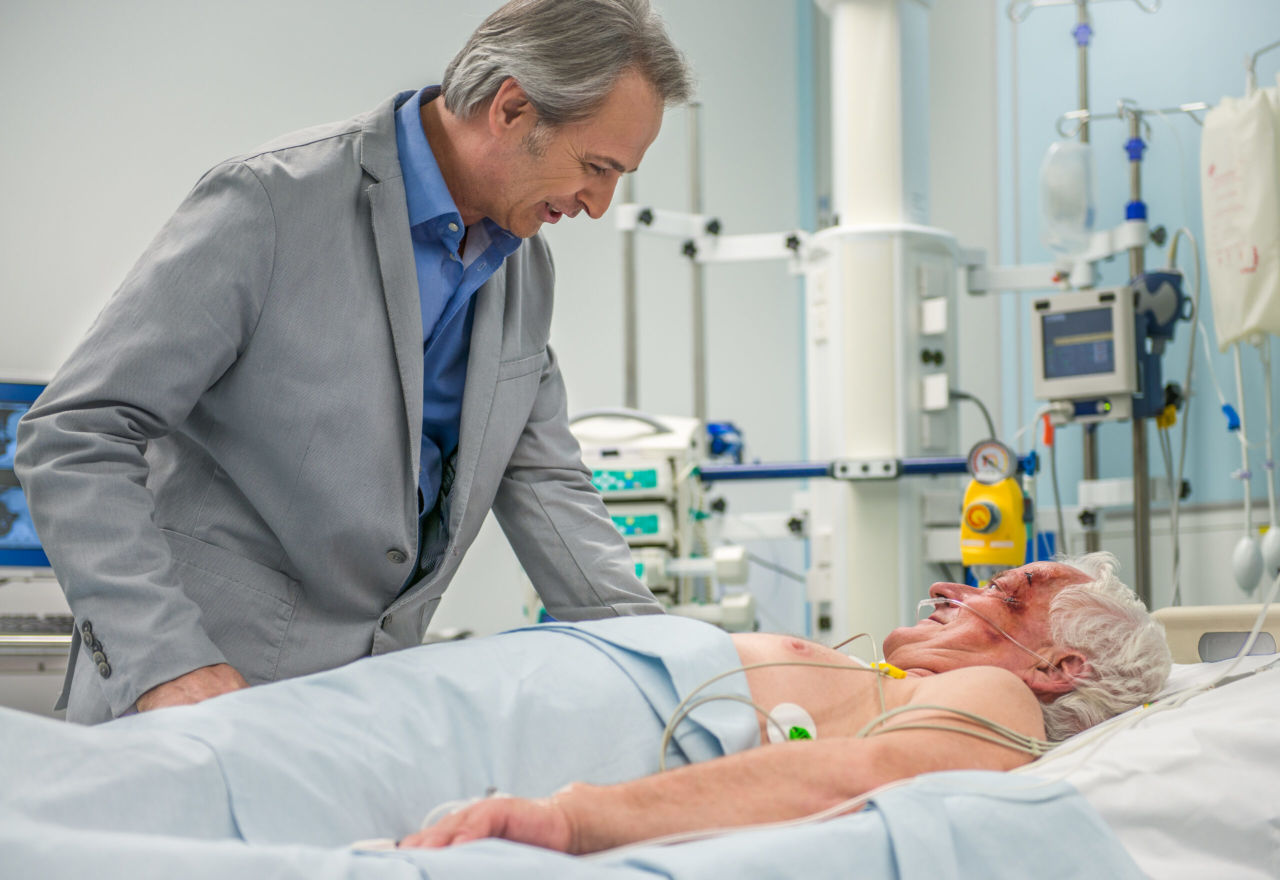
Stiff Person Syndrome Causes Symptoms Treatment

Rtoavql3w3r3am

What Is Stiff Person Syndrome Cbc News
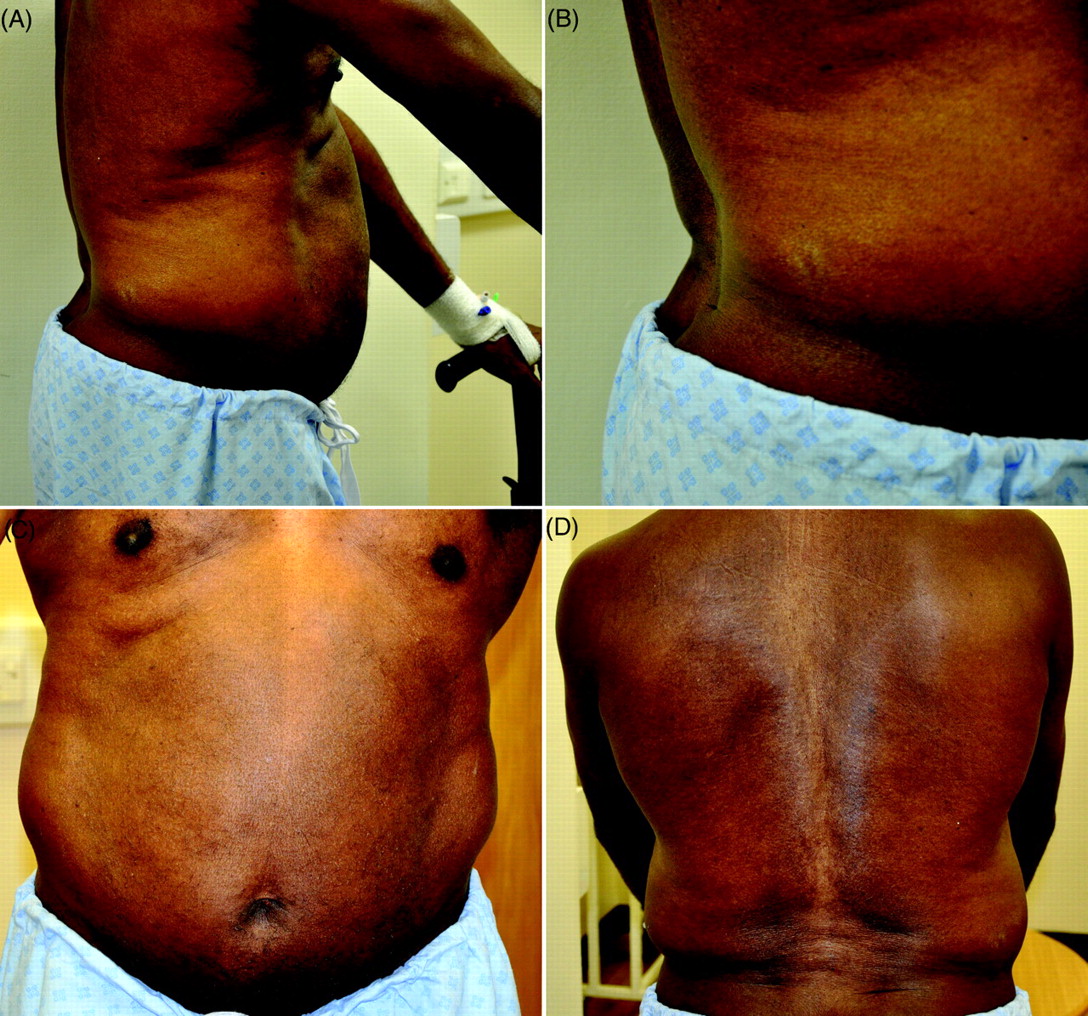
Stiff Person Syndrome Practical Neurology
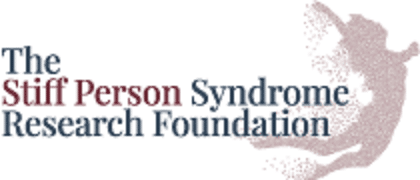
Stiff Person Syndrome Research Foundation Nord National Organization For Rare Disorders

Role Of Osteopathic Manipulative Treatment In The Management Of Stiff Person Syndrome

New Center For Stiff Person Syndrome Johns Hopkins Medicine

Pdf Stiff Person Syndrome Insights Into A Complex Autoimmune Disorder

Woman Calls Attention To Rare Neurological Disorder

New Center For Stiff Person Syndrome Johns Hopkins Medicine
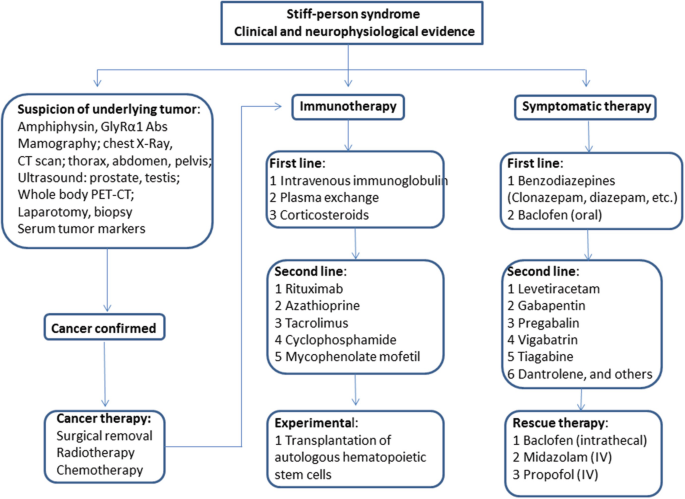
Stiff Person Syndrome Spectrum Disorders Springerlink

10 Facts About My Condition Stiff Person Syndrome Raisie Bay
Py 6zo8jn6cmtm

Stiff Person Syndrome
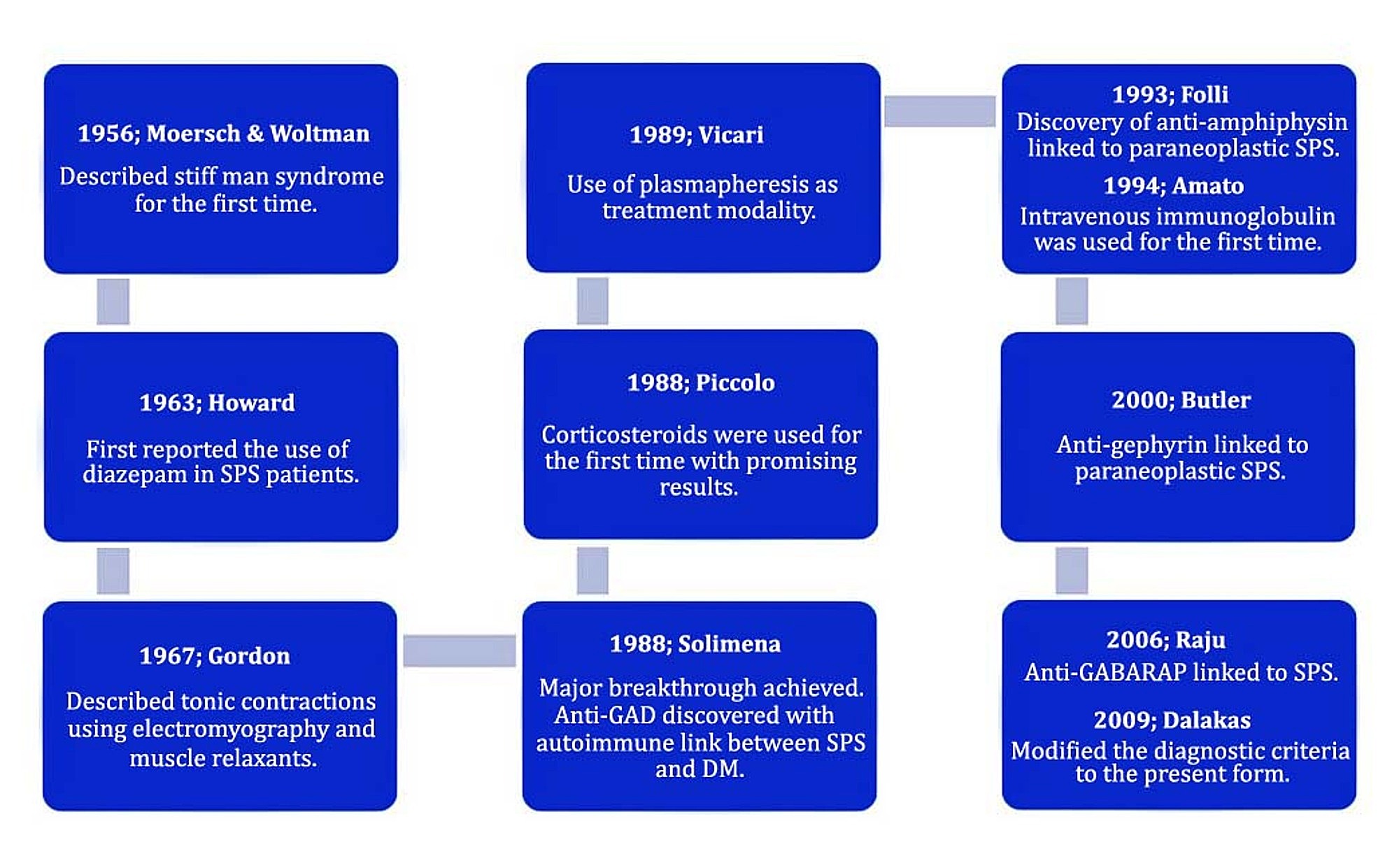
Cureus Recent Advances And Review On Treatment Of Stiff Person Syndrome In Adults And Pediatric Patients